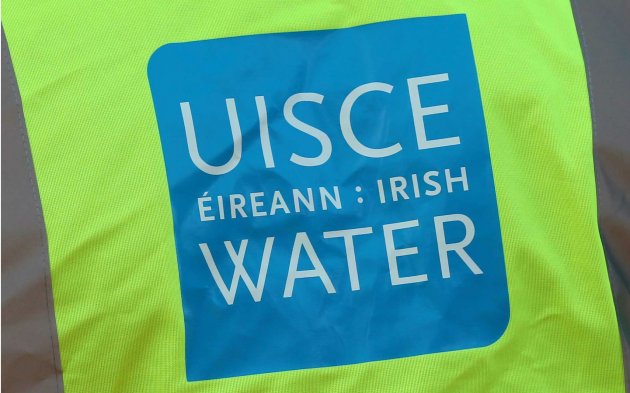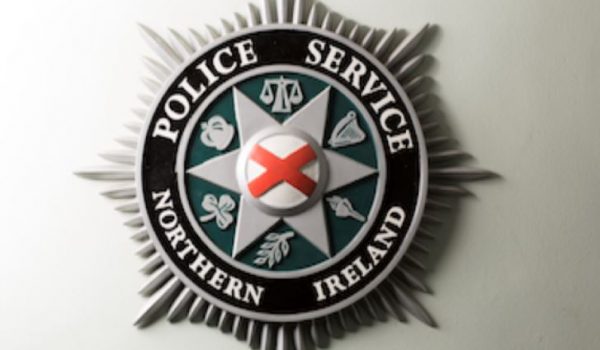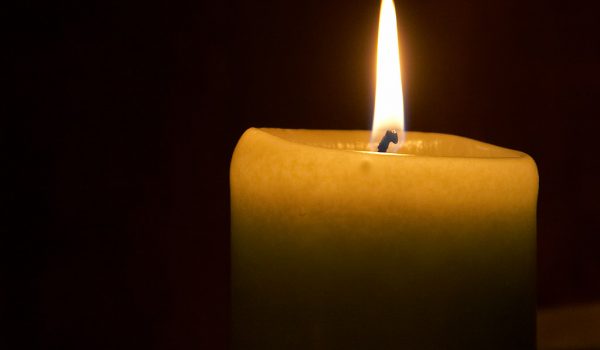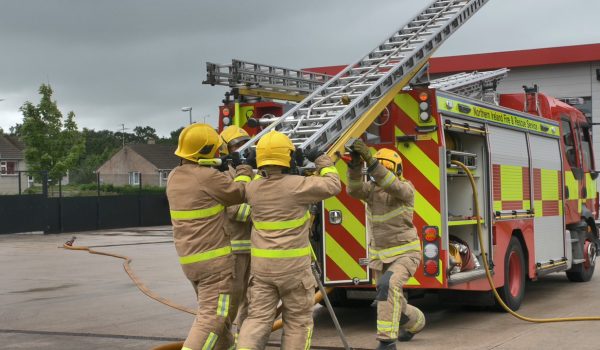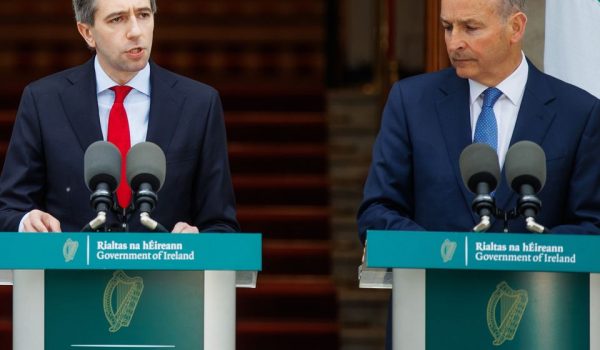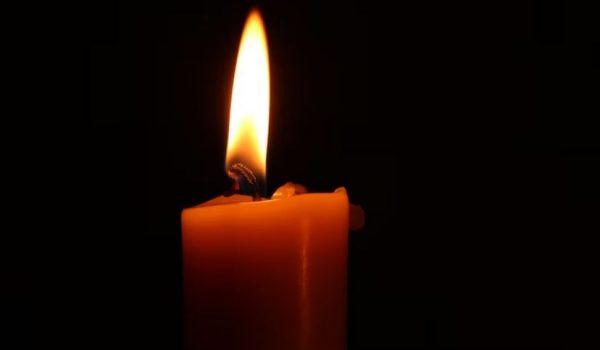Irish Water is urging people to conserve water in Donegal, warning that more night-time restrictions are a real possibility.
High demand for water in Donegal is continuing to put severe pressure on water supplies as warm weather continues, visitors to towns and villages increase, COVID 19 restrictions are relaxing and the hospitality sector is beginning to re-open. High water demand in Rathmullan, Carrigart/Downings and the Fanad areas in Letterkenny; Clonmany, Carndonagh, Malin Town, Malin Head and Gleenely in Inishowen and across the Lough Mourne Water Supply Zone is resulting in reduced reservoir levels.
Irish Water is appealing to customers to conserve water in Donegal as water demand surges across the county. Specific night-time restrictions are being put in place in Convoy, Raphoe, Tievebrack, and Liscooley for the next week, with further restrictions likely in Clonmany, Carndonagh, Malin, and Gleneely.
Night-time restrictions in all other areas are now a real possibility if demand doesn’t ease, as water treatment plants continue to operate at maximum capacity.
Irish Water and Donegal County Council are again appealing to residents, farmers, agricultural contractors, businesses and visitors to conserve water wherever possible to ensure a consistent supply for everyone.
Speaking about the continuing need to conserve water, Irish Water’s Asset Operations Lead for Donegal, Paul Kilcoyne said: “We are asking the public to conserve water where possible and to only use what they need whilst continuing to adhere to public health advice regarding COVID-19. We have seen demand creeping up in recent weeks, spiking over the past few days with all water supplies experiencing significant increases in demand at this time. We want to ensure we can meet the demands on our water supplies as COVID-19 restrictions are relaxing and the hospitality sectors reopens for business. It is really important that everyone follows the HSE guidance on handwashing, however there are some ways to conserve water that will not impact on hygiene.”
Paul continued: “In Irish Water, we are continually working with our local authority partners to look at what we call the supply/demand balance. This means that we need to ensure that we can supply more treated drinking water than is required for use. We can manage this by conserving water; losing less by repairing leaks; and supplying smarter by ensuring that all of our plants are working optimally.
“We can all work together to protect our supply and safeguard our water for essential usage.”
There are some simple measures that the public can take including stopping the use of power washers at home; using a watering can rather than a hose in the garden; taking showers over baths; and fixing any dripping taps where it is possible to do so. There is advice and guidance for homes, businesses and farms, including information on how much water you can save with simple measures on water.ie/conservation
In order to improve the situation owners of vacant and unused properties are being urged to turn off water to the property and to check for leaks around the building, especially around toilet cisterns.
Irish Water continues to work at this time with our local authority partners, contractors and others to safeguard the health and well-being of staff and the public and to ensure the continuity of drinking water and wastewater services.
